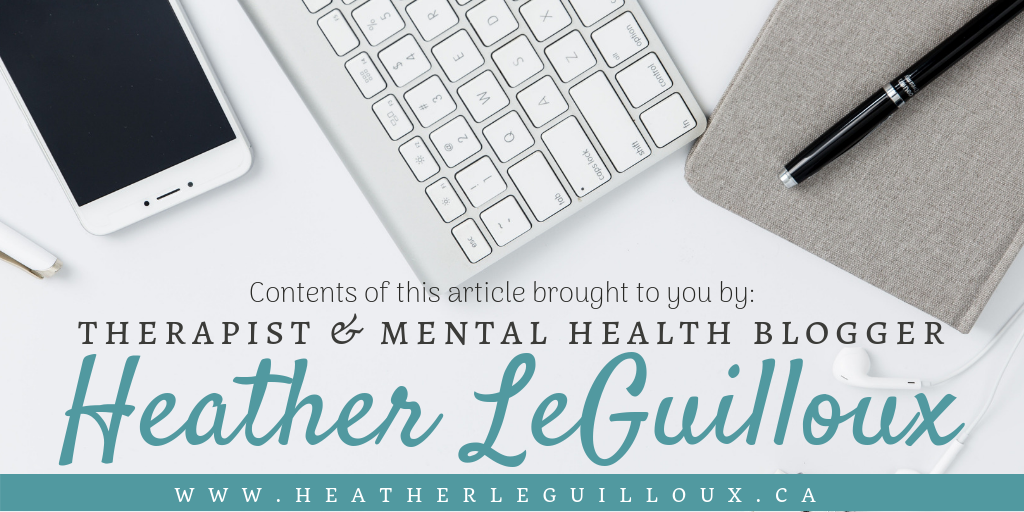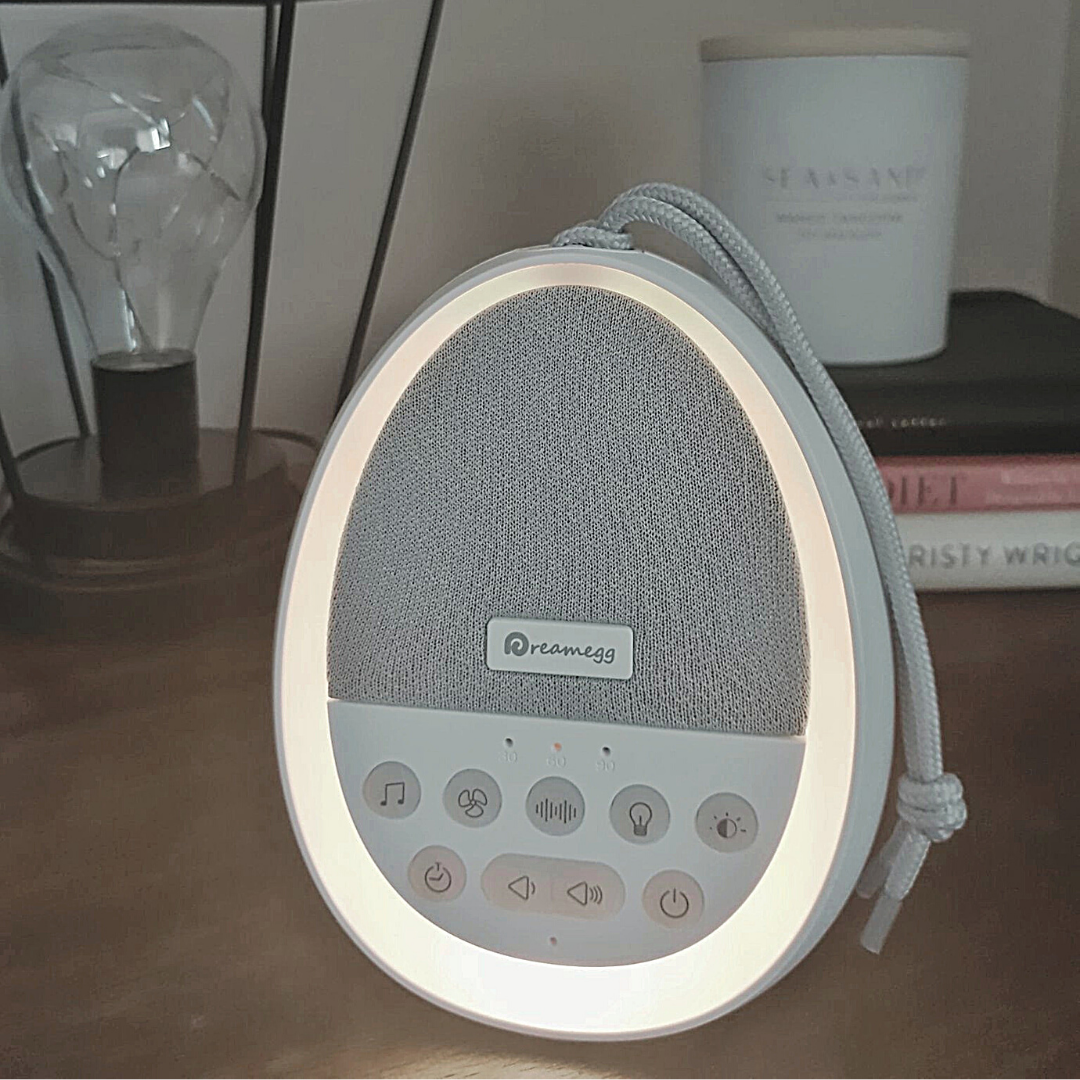|
|Are you planning to take out a student loan?
No doubt, opting for a student loan can help you to pursue a higher degree! And getting a higher degree helps to increase your earning potential!
That’s really good! Isn’t it? Who doesn’t want a handsome paycheck?
But do you know this fact? According to a 2019 Experian report, student loan debt in the USA has jumped to 1.4 trillion in this year! Student loan debt in our country has increased by almost 116% in the past 10 years. Thereby, it has emerged as one of the prominent financial burdens in our country! Can you imagine? And at the same time, it can be a reason for your stress in the long run! Yes, you heard it right! Taking out a student loan can affect your mental health! Please note: This article does not contain financial or therapeutic advice. If you are concerned about your health or well-being speak with a health professional or visit your nearest medical facility in an emergency. The information in this collaborative article is primarily for US-based residents. Can Student Debt Affect Your Mental Health?
You might be surprised to know that student loan debts are giving them nightmares for many recent graduates! In fact, many millennial's say now that they have taken a wrong step by opting for a student loan.
A Student Loan Hero survey reveals that many people while paying off their student debt experienced a lot of mental health-related conditions like:
Trust me, these debilitating effects can leave you feeling helpless about student loan debt. You might be less productive at work being more isolated from your family and friends. In short, you might be less happy in life. But what if you have already opted for a student loan? Let’s find out what you can do! Refinance your Student Loans You can refinance your existing student loans, private student loans or both into a new student loan. You can choose a fixed or variable interest rate. Besides, you can opt for a loan repayment term ranging from 5 to 20 years. But let me tell you, the federal government does not refinance student loans. So, if you want a lower interest rate, you need to approach a private lender such as SoFi (https://www.sofi.com/private-student-loans/) who should be able to give you the information you need to get through each step of the process, at a pace that suits you. Applying for, and paying back, student loans doesn't have to be scary or complicated and with private loans you can apply online and find a repayment plan that works best for you. Take a look at a student loan refinancing calculator to find out more. Consolidate your Student Loans Opting for a direct consolidation loan helps you to consolidate your existing student loans into a single one! Thereby, it can make your life easier! But let me tell you one thing! You can consolidate your federal student loans only. Not the private ones! And federal student loan consolidation does not help you to reduce your interest rate or monthly payment. The interest rate of the Direct Consolidation Loan will be calculated by finding out the average of your existing federal student loans, rounded up to the nearest ⅛%.
Opt for an Income-driven Repayment Plan
You will find many income-driven plans like PAYE (Pay As You Earn), REPAYE (Revised Pay As You Earn), IBR (Income-Based Repayment), etc. These repayment plans are offered by the federal government. That’s why these repayment plans are applicable for federal student loans only. If you opt for a repayment plan, your monthly payment is calculated based on a certain percentage of your discretionary income. For example, at present, the monthly payment for REPAYE is about 10% of your discretionary income, divided by 12. Apply for Public Service Loan Forgiveness This federal program can help you to seek forgiveness for your federal student loan(s) if you are engaged in full-time employed (more than 30 hours per week) in an eligible federal, state, or local public service. But the current proposed budget, the Public Service Loan Forgiveness Program will be discontinued. However, it will be applicable if you are taking out a new student loan from 1st July 2020. So, one of the good habits to get out of bad debt is paying it off at the earliest! And that too strategically! Else, you might see a huge chunk of your paycheck is going to pay off your debts. And you might be repenting in the later years that why did you take out a student loan and why could not you pay it off strategically? So, it’s always better to plan your education in a way such that you don’t need to opt for a student loan. For example, to engage in a side hustle or if your parents have invested in a 529 plan for your education. This way, it will help you to save a substantial part of your paycheck. And you can plan for financial well-being right from the day you receive your first paycheck! Valentina Wilson is a personal financial blogger. She loves to analyze personal financial matters and help others manage their finances in a better way. Traveling is also her passion. She loves to travel and explore different places by herself. To connect with her, go to her Facebook or Twitter. MENTAL HEALTH RESOURCE VAULTGreat!Check your email for instructions on how to access the Mental Health Resource Vault. Additional Resources:
References: www.experian. com, https://studentloanhero.com, www.bestdebtconsolidation.org
The links in this article may be affiliate links that I will be compensated for at no additional cost to you. Want to start your own blog? Click here to learn how!
0 Comments
Your comment will be posted after it is approved.
Leave a Reply. |
Welcome to the blog!↓ That's me, Heather. :)
MENTAL HEALTH RESOURCE VAULTGreat!Check your email for instructions on how to access the Mental Health Resource Vault. Categories
All
Popular Posts// 25 Positive Mindset Quotes
// Self-Care Bullet Journal Spreads // 7 Ways Your Physical Health is Connected to Your Mental Health |






 RSS Feed
RSS Feed
















